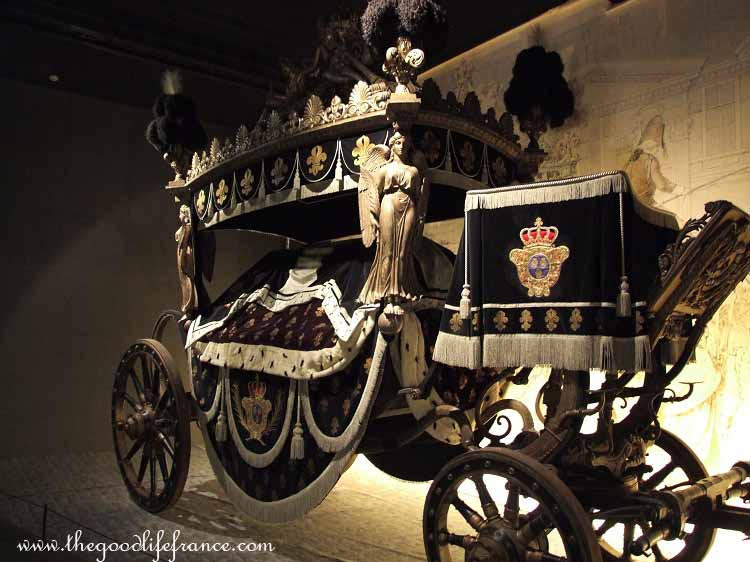Today is the bicentenary of the death in 1824 of King Louis XVIII.
King Louis XVIII
A portrait from 1814
Image: Wikipedia
Wikipedia offers a reasonably concise and well illustrated biography of the King. It sets his life in the context in which he lived, the Ancient Regime, the early stages of the revolution, his various places of exile until the Bourbon Restoration in 1814-15, and his effective reign until his death. It brings out how he changed his views about how France should be governed from the lead up to the meeting of the States General in 1789 through to his Constitutional Charter of 1814 and its later adaptation. The article can be read at Louis XVIII
There is a similar biographical account and interpretation, also well illustrated, from The Mad Monarchist which can be seen at Monarch Profile: King Louis XVIII of France
For those who want more, and it is much more, there is Philip Mansel’s massive and magisterial biography. For one of my friends this is his favourite history book.
Ten years ago I wrote about the King in King Louis XVIII, and in 2011 I wrote about his younger brother and successor in King Charles X.
Rather than more or less re- write them I have given the links to make them available I apologise that some of the illustrations have disappeared due to copyright issues. The comparison of the Bourbon Restoration in France with the Stuart Restoration in Britain is often made, and indeed seems at times uncannily similar. Happily for this country a constitutional compromise was arrived at and has endured. The question may then be as to why that was not to be achieved in France. Two centuries on from the death of the last French monarch to die as sovereign occupying the throne, France still appears to be in a state of perennial constitutional flux that goes far beyond the ebb and flow of representative politics.
The verdict of King Leopold I of the Belgians in his letter to his niece the future Queen Victoria on King Louis XVIII and King Charles X, which I quote in the second of those posts, is worth reflecting upon as King Leopold, married as he was by then to an Orleanist Princess, is acknowledged as a skilled politician and great experience.
King Louis XVIII was himself a shrewd politician in his later years in exile and as sovereign. His skill in managing the situation in France marks him out in contrast to so many who succeeded him - it should not, as I argued in the linked post be seen as merely a way to contrast him with his younger brother. Both in power and as exiles later Bourbons, as well as Bonapartes, failed to be as adroit as this perhaps rather unprepossessing man, hindered by declining and poor health, and possessed of a not especially attractive temperament.
As both a man and as a monarch he demonstrated what might be seen as a hard nosed political realism and a determined pursuit of his own ideas and his political interests. This can be seen in from actions in the 1780s as the old world crumbled, through all the upheavals of exile in a war torn world, and a resolve for his security once restored to the throne of his ancestors. As King he managed to reign over the political tinder box that was France, fractured by factions, and to hand it on. Whether he was just fortunate, and the French were not yet again in the mood to revolt, or to what extent he and his ministers possessed an enhanced skill in managing the nation is a question to muse upon. There is, doubtless, no single answer.
The funeral carriage of King Louis XVIII from 1824. Eight black horses drew it from the Tuileries Palace in Paris to the burial in the Basilica of St Denis
Image: The Good Life France




No comments:
Post a Comment